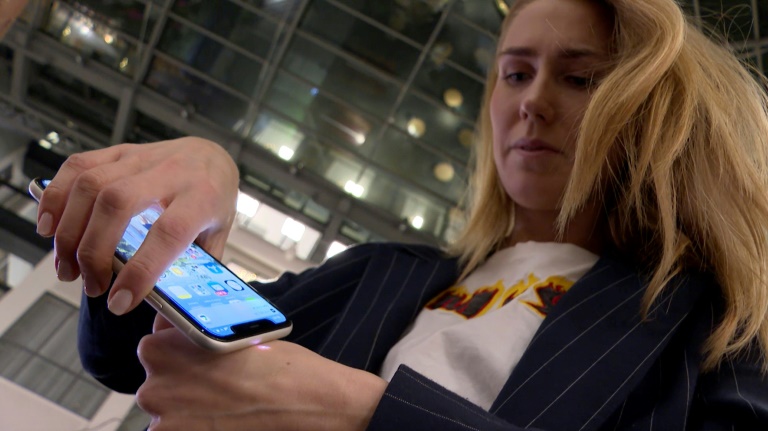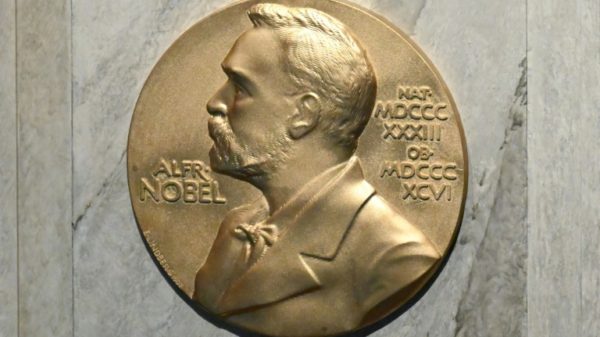University of Arizona College of Medicine-Tucson researchers have undertaken research designed to tackle the immune rejection of biomedical implants. This geared towards improving patient survival rates. This is based on a protein that appears to help drive this response.
Biomedical implants are wide-ranging, including breast implants, pacemakers and orthopaedic hardware. These can improve the lives of patients; however, a number are rejected by the body and need to be removed.
The cause is an immune reaction called foreign body response, where the body encapsulates the implant in scar tissue. It is hoped the work will improve the design and safety of biomedical implants.
Current practices revolve around seeing the use of biocompatible materials that are better tolerated by the body. This approach does not completely address the risks. This is why a new approach was needed.
According to lead researcher Geoffrey Gurtner: “Establishing a complete understanding of the molecular mechanisms driving the foreign body response presents the final frontier in developing truly bio-integrative medical devices.”
The research shows how some implants introduce stress points to the body, triggering an overactive immune response. As the cells interact with that implant and surrounding tissue, they activate due to the increased mechanical stress.
This leads to immune cells detecting a foreign body. The cells react by building a fibrotic capsule that surrounds the implant in an attempt to shield it. The immune cells start merging with each other, creating massive cells that spit out fibrous proteins like collagen and other products. The more severe the immune reaction, then the thicker the surrounding capsule becomes.
In some cases, the capsule constricts around the implant, impeding its function and causing pain. The research has shown that a protein called RAC2 was highly expressed in samples taken from patients with severe reactions.
To confirm RAC2’s role the scientists blocked the expression of RAC2 in animal models. This showed a significant reduction in the level of foreign body response, up to three-fold.
The researchers aim to explore further if targeting these pathways could serve as a potential therapy to mitigate or even prevent clinically significant foreign body response in humans. This could take the form of local targeted therapy.
The findings have been published in Nature Biomedical Engineering, titled “Allometrically scaling tissue forces drive pathological foreign-body responses to implants via Rac2-activated myeloid cells.”














